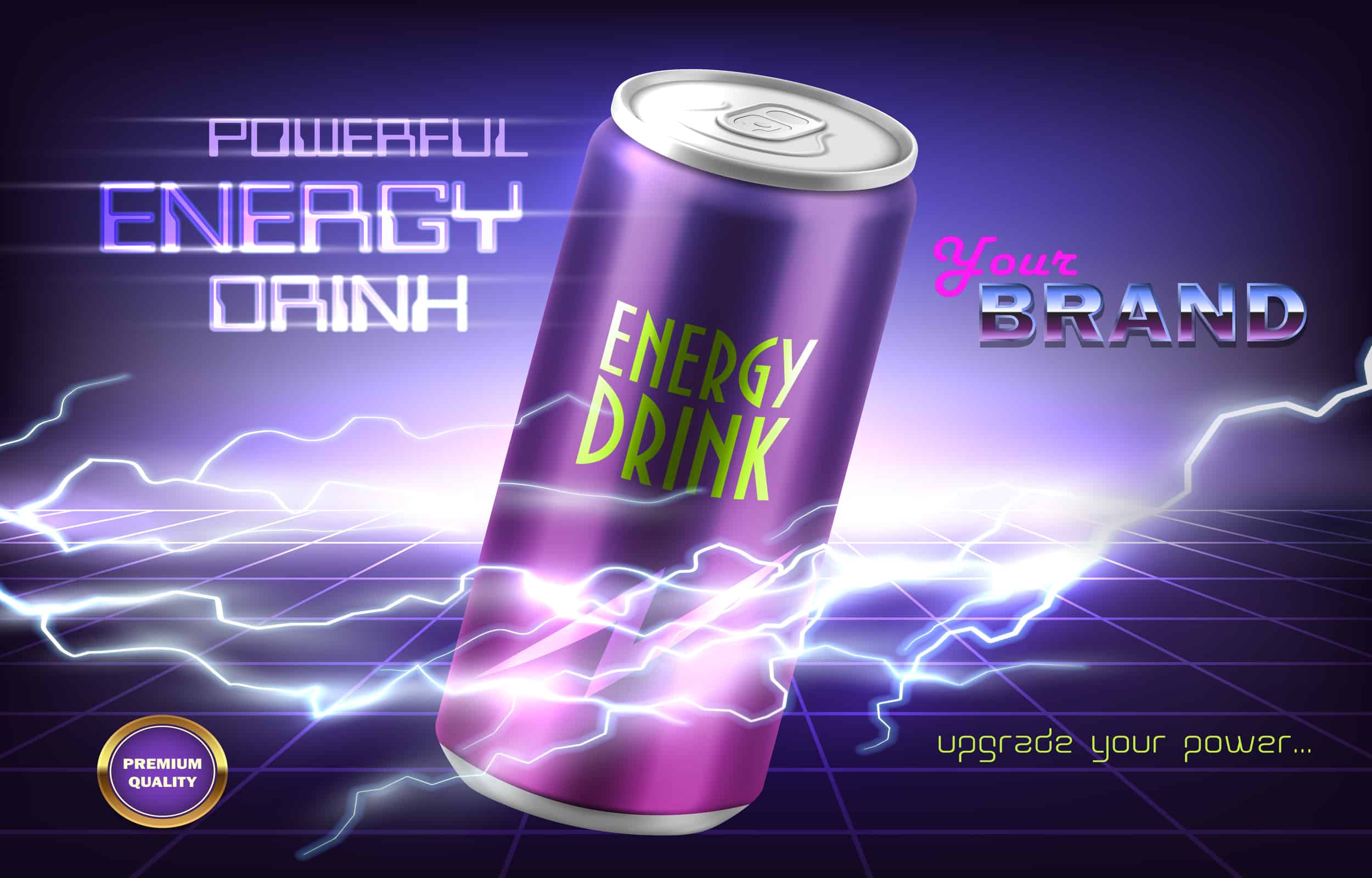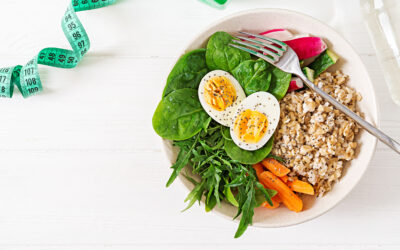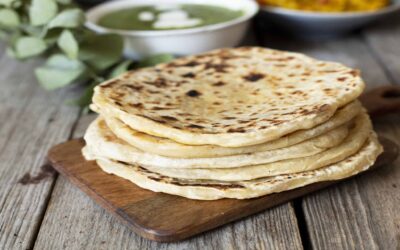People often inquire about the constituents, or the ingredients used in Gatorade. They are curious about whether Gatorade is gluten-free or not. Well, before getting into this debate, be mindful that gluten is a substance that is typically found in grains such as wheat, rye, barley and others.
The product which we are discussing here is Gatorade. If we investigate the details of the ingredients of Gatorade either ready-to-drink or mix (bulk or sticks), G2 products, and Gatorade endurance products, none of these products involve any ingredients that are derived from flours or grains that have been linked to gluten sensitivity.
These products have not been tested to be gluten-free, as these products are not manufactured involving any gluten-containing ingredients. Yet, there is a possibility that during the processing the ingredients might be stored next to or exposed to gluten-containing foods.
WHAT IS GATORADE?
Cypress oil is found in the dense Cypress tree forests of the Mediterranean and Asian countries. Cypress trees are green with dark foliage. They grow over 82-feet high and present round cones. As per some research studies, cypress trees are perceived as medicinal trees since they provide various health benefits.
GATORADE HYDRATION PRODUCTS
Gluten-Free Gatorade Products:
Following are the different product categories of gluten-free Gatorade products:
● Gatorade Thirst Quencher
● G Zero
● G2
● Organic Thirst Quencher
● Gatorade Juiced
● Gluten-Safe Gatorade Energy Products
● Gluten-Safe Gatorade Protein Products
● Gluten-Safe Gatorade GX Products
Gatorade Thirst Quenchers
The below-mentioned flavors of Gatorade thirst quenchers are available on the market:
- Citrus cooler
- Cool blue
- Fierce blue cherry
- Fierce fruit punch + berry
- Fierce grape
- Fierce strawberry
- Frost arctic blitz
- Frost glacier cherry
- Frost glacier freeze
- Frost Icy charge
- Frost tropical mango
- Fruit punch
- Lemon-lime
- Lime cucumber
- Orange
- Strawberry
- Strawberry raspberry
- Strawberry watermelon
- Tropical cooler
G Zero
The following flavors of G2 products are available on the market:
- Berry
- Glacier cherry
- Grape
- Glacier freeze
- Orange
- Lemon-lime
G2
The following flavors of G2 products are available on the market:
- Cool blue
- Fruit punch
- Glacier freeze
- Lemon-lime
- Grape
- Orange
- Mixed berry
- Raspberry lemonade
Organic Thirst Quencher
The following flavors of organic thirst quenchers are available on the market:
- Mixed berry
- Passion fruit
- Strawberry
Gatorade Juiced
The following flavors of Gatorade juiced are available on the market:
- Apple raspberry
- Mixed berry
- Citrus berry punch
Gluten-Safe Gatorade Energy Products
The following gluten-safe Gatorade energy products are available on the market:
- Gatorade endurance hydration formula
- Energy gel
- Endurance carb energy chews
- Gatorade electrolytes
- Energy gel with caffeine
- BOLT24 Antioxidant
- BOLT24 Energize
Gluten-Safe Gatorade Protein Products
All flavors of the gluten-safe Gatorade protein products contain milk ingredients like:
- Gatorade super shake
- Gatorade recover protein shake.
Gluten-Safe Gatorade GX Products
These are the customized hydration systems of Gatorade, containing pods that are ready to mix with water and filled with concentrated Gatorade formula. These specialized dispensers are premixed Gatorade in various flavors.
Non-Gluten-Free Gatorade Products:
Following are a few examples of non-gluten-free Gatorade products:
- Gatorade Recover Whey Protein Powder
- Gatorade Recover Whey Protein with Almond Butter Bar
- Gatorade Recover Whey Protein Bar
It is notified that all flavors of Gatorade Recover Whey protein bar include soy ingredients and milk. They might also contain traces of tree nuts, peanuts, and wheat.
WHAT ARE THE BENEFITS OF GATORADE?
During longer duration exercises, our body experiences excessive sweating which eventually results in dehydration accompanied by loss of water and many electrolytes. These electrolytes include a number of examples like potassium, sodium, and many others.
Electrolytes are basically the minerals that are responsible to maintain the ionic balance inside our body. The balanced ionic content of our body is essential for the proper functioning of different body organs which includes the brain, muscles, and nerves. Examples of these electrolytes include calcium, phosphate, potassium, chloride, magnesium, and sodium. An imbalance of ionic content inside the body may lead to electrolyte disorders.
Gatorade supplies carbohydrates and electrolytes to refuel and rehydrate the athletes who spend a great time doing heavy exercises. The carb in the Gatorade is responsible to provide the energy and the electrolytes in it contribute to maintaining the adequate balance of fluids in the body and the electrolyte content within the normal range as well.
Hence Gatorade is popularly used as a sports drink. One should keep in mind that sports drinks should only be used during longer duration exercises. This is because exercising less than 90 or 60 minutes does not require Gatorade to improve and maintain the performance.
RISKS OF GATORADE
It is reported that among the consumers of Gatorade, most of them are not athletes. They are the common people who drink sports drinks twice a day or sometimes once a day. This much intake of Gatorade is not beneficial for normal people because according to a study, those who are habitual of using sports drinks daily either once or twice or more in a day, are not as physically active as they should be.
Although Gatorade contains less amount of sugar as compared to soda, this amount is still not exactly healthy. An excessive amount of sugar often results in many disorders. In children, excessive sugar may cause tooth decay. The extra sodium intake by the person, who uses Gatorade, can result in high blood pressure over time. The extra calories which are also gained via such sports drinks result in weight gain.
It is also on record that Gatorade contains food dyes. Blue No. 1, Red No. 40, and Yellow No. 5 are some of the examples of artificial dyes which are also the constituent of Gatorade. All these artificial dyes are derived from petroleum and are highly dangerous for their consumers as they have been linked to cancer.
GATORADE FOR KIDS
For hydration purposes, always keep in mind that water is the best remedy a person can adopt. Gatorade is no doubt helpful in keeping its consumer hydrated but its unnecessary use is dangerous exclusively because of the electrolytes present in it. Excess of electrolytes will result in unbalanced ionic content in the body which will lead to many dangerous electrolytic diseases.
Always keep this thing in mind that if you are among the ones who exercise for only one hour or less and only for five days in a week then, water is the best way to recover from dehydration. Despite choosing or consuming any sports drink, use water for hydration and electrolytes from natural sources which will be free from added sugar and artificial dyes.
Due to the artificial coloring present in the Gatorade and its sugar content, experts recommend that parents limit the consumption of Gatorade for their children. This does not mean that Gatorade is not good at all for the children, but its amount should be monitored to see how much Gatorade your child is consuming to keep their sugar intake within the normal limits.
Still, it is recommended that for hydration purposes water is the best solution. Besides, for maintaining an adequate amount of carbohydrates and to keep the electrolytes within the normal limits as well, direct your kids towards vegetables and fruits rather than giving them artificial supplements.
Fresh vegetables and fruits are the best sources of electrolytes and carbohydrates for the human body. If your child craves a sports drink, then you can make one for them at home rather than purchasing an artificial sports drink.
KEY TAKEAWAYS
Gatorade is simply a sports drink that is specifically formulated for athletes or people who are involved in long-duration exercises. Heavy exercises and long duration sport results in the excessive loss of water and electrolytes from the body and eventually results in dehydration.
To cope with this situation and to recover the water loss and the electrolytes, people or athletes use Gatorade which acts as a sports drink that supplies an adequate amount of water and electrolytes to its consumer. Gatorade is normally gluten-free but non-gluten-free Gatorade products are also available.
If you are not the one who practices long-duration exercises or sports then it is recommended for you not to use Gatorade in high amounts as this will put you at greater health risks.
In such cases, water is the best solution to recover from dehydration rather than Gatorade. The foremost health risk associated with the high consumption of Gatorade is cancer due to the presence of artificial dyes in it, then there is a wide range of electrolytic disorders which are also associated with the unnecessary consumption of Gatorade. That’s why, be careful when consuming it. Always seek advice from professionals or you doctor before making any changes to your diet.
Article Sources
HealthxTips is committed to delivering content that adheres to highest standard for accuracy, sourcing and objective analysis.
HealthxTips uses only high-quality and trustworthy sources to support the facts in our articles.
1. Arnold, L. E., Lofthouse, N., & Hurt, E. (2012). Artificial food colors and attention-deficit/hyperactivity symptoms: conclusions to dye for. Neurotherapeutics : the journal of the American Society for Experimental NeuroTherapeutics, 9(3), 599–609. https://doi.org/10.1007/s13311-012-0133-x
2. Ayers, P., Dixon, C., & Mays, A. (2015). Acid-base disorders: learning the basics. Nutrition in clinical practice : official publication of the American Society for Parenteral and Enteral Nutrition, 30(1), 14–20. https://doi.org/10.1177/0884533614562842
3. Biesiekierski J. R. (2017). What is gluten?. Journal of gastroenterology and hepatology, 32 Suppl 1, 78–81. https://doi.org/10.1111/jgh.13703
4. Cao, Z. H., Green-Johnson, J. M., Buckley, N. D., & Lin, Q. Y. (2019). Bioactivity of soy-based fermented foods: A review. Biotechnology advances, 37(1), 223–238. https://doi.org/10.1016/j.biotechadv.2018.12.001
5. Coombes, J. S., & Hamilton, K. L. (2000). The effectiveness of commercially available sports drinks. Sports medicine (Auckland, N.Z.), 29(3), 181–209. https://doi.org/10.2165/00007256-200029030-00004
6. El Khoury, D., Balfour-Ducharme, S., & Joye, I. J. (2018). A Review on the Gluten-Free Diet: Technological and Nutritional Challenges. Nutrients, 10(10), 1410. https://doi.org/10.3390/nu10101410
7. Jéquier, E., & Constant, F. (2010). Water as an essential nutrient: the physiological basis of hydration. European journal of clinical nutrition, 64(2), 115–123. https://doi.org/10.1038/ejcn.2009.111
8. Maughan, R. J., & Shirreffs, S. M. (2010). Dehydration and rehydration in competative sport. Scandinavian journal of medicine & science in sports, 20 Suppl 3, 40–47. https://doi.org/10.1111/j.1600-0838.2010.01207.x
9. Selwitz, R. H., Ismail, A. I., & Pitts, N. B. (2007). Dental caries. Lancet (London, England), 369(9555), 51–59. https://doi.org/10.1016/S0140-6736(07)60031-2
10. Vici, G., Belli, L., Biondi, M., & Polzonetti, V. (2016). Gluten free diet and nutrient deficiencies: A review. Clinical nutrition (Edinburgh, Scotland), 35(6), 1236–1241. https://doi.org/10.1016/j.clnu.2016.05.002
11. Williams, C., & Rollo, I. (2015). Carbohydrate Nutrition and Team Sport Performance. Sports medicine (Auckland, N.Z.), 45 Suppl 1(Suppl 1), S13–S22. https://doi.org/10.1007/s40279-015-0399-3








0 Comments